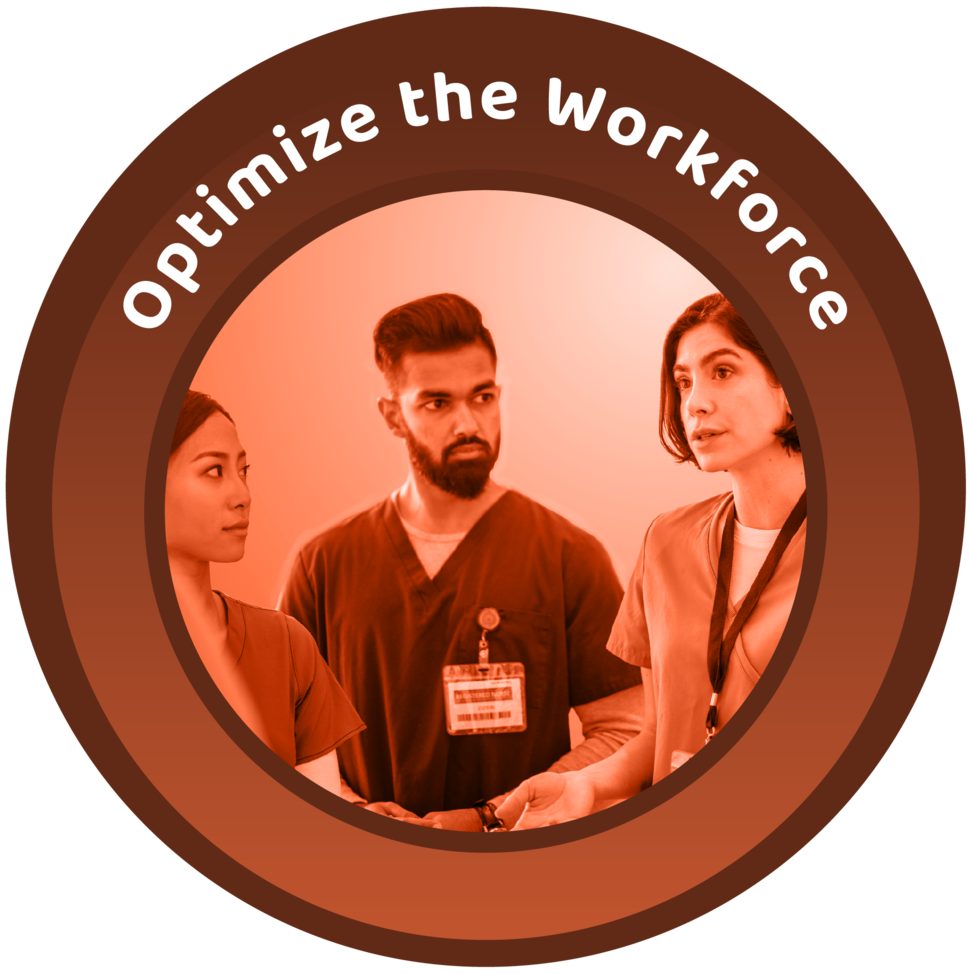National Cancer Plan Stakeholder Meeting: Rising to the Challenge of Cancer Workforce Needs
On September 12 and 13, 2024, the President’s Cancer Panel convened a two-day public meeting to assess cancer workforce challenges and identify approaches to improve the training, recruitment, and retention of a robust and diverse clinical care and research workforce. This topic is of urgent importance, as an increasing demand for cancer care and research has coincided with a shrinking workforce. With advancements in research, screening, and treatment, the number of cancer survivors is rising—but the number of oncology professionals available to support them is not. The Panel is charged with monitoring implementation of the National Cancer Plan, which includes optimizing the workforce among its goals. During these virtual meetings, representatives from research institutions, education, healthcare organizations, and industry came together to find common ground, examine obstacles to progress, and strategize solutions. Speakers gave brief springboard presentations that seeded cycles of discussion among participants and Panel members.
Common themes and ideas that emerged during presentations and discussion included:
- Nurturing the entire cancer workforce along every stage of the career “highway” from kindergarten through on-the-job training.
- Ensuring that workforce optimization efforts encompass the full spectrum of roles, including clinical trial coordinators, pharmacists, patient navigators, and others.
- Addressing hidden barriers, including hostile work environments, minimal or no representation among mentors and leaders, and a lack of exposure to science and medicine career options during formative years.
- Fostering mentorship opportunities for early-career researchers, supporting both mentors and mentees.
- Acknowledging the many factors contributing to workforce burnout, including increased administrative burden and stress and mental health concerns.
- Locating actionable opportunities for cross-sector collaboration for the benefit of all.
Participants shared strategies that are working within their organizations and brainstormed ways to scale these successful models for more widespread implementation. Making progress toward this goal will require a multipronged and cooperative approach with investment from all sectors. The Panel members would like to thank all meeting participants for sharing their important and timely insights, and note that the opportunities for synergy uncovered during the meeting could generate meaningful progress.
Presentations and discussion from the meeting, as well as public comments, will inform the Panel’s recommendations and report to the President. To submit a comment on this topic, email PresCancerPanel@mail.nih.gov.
